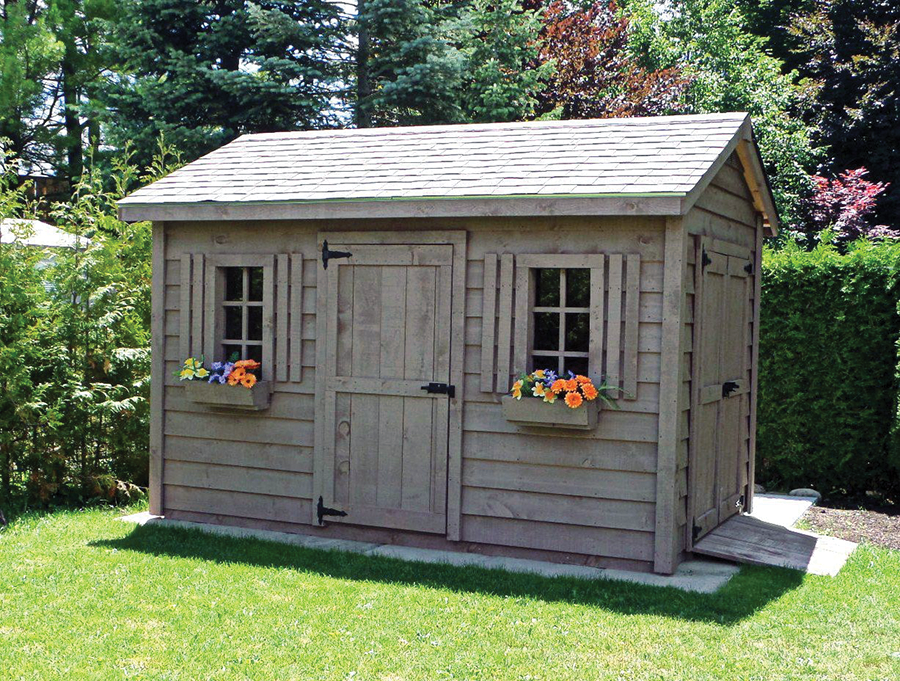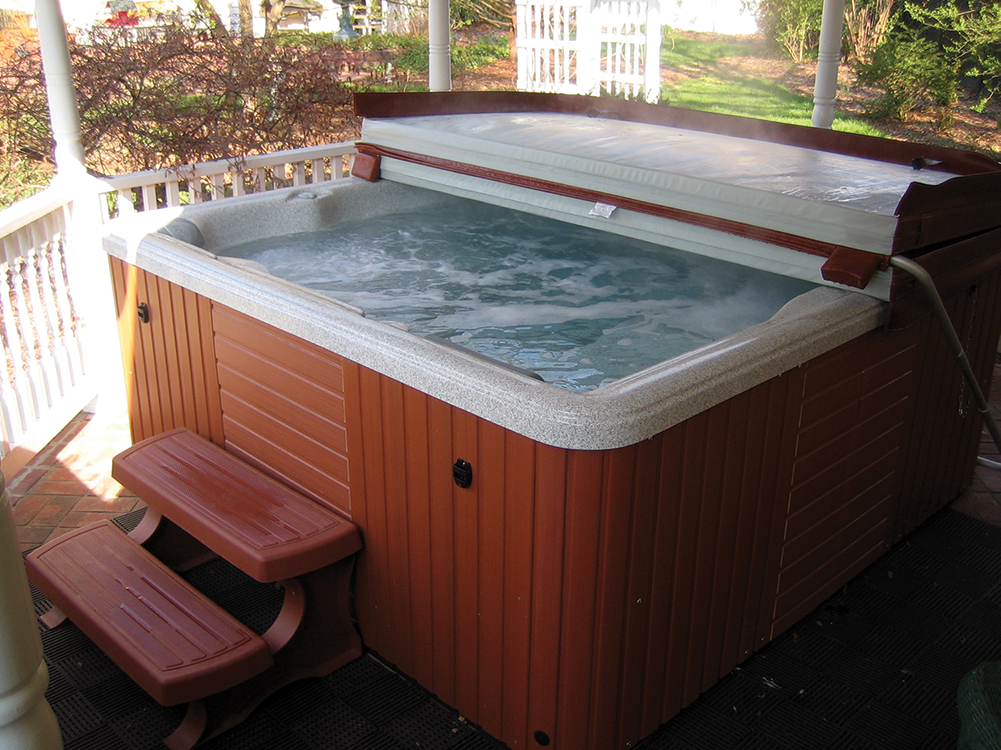By Pat Keegan and Brad Thiessen
Q:
Our family has been trying to reduce our monthly expenses. The other day, my sister-in-law and I compared our electric bills. I was surprised to find out her energy costs were significantly lower than mine, even though our homes are similar in size and built around the same time. What could becausing my bill to be so much higher?
A:
You are certainly not alone in these trying times as you search for ways to cut costs, and your energy use might provide some potential opportunities for savings. Even though you noted the similarities between your home and your sister-in-law’s home, you may have a hidden energy hog causing your bills to be higher. Here are five energy hogs that may be increasing your energy use.
Old fridge or freezer in the garage
That second fridge or freezer may be costing more than you think. If the model was produced prior to 1990, it’s likely using twice as much energy (or more!) than a newer ENERGYSTAR®-rated model. If it’s located in the garage, it may run constantly in the summer, which could lead to higher electric bills.
Cooling or heating an uninsulated area

Cooling or heating an uninsulated workshop or garage can be expensive.
To give you an example, during a past energy audit I conducted, I found that the homeowner heated an uninsulated shed to keep several half-empty buckets of paint from freezing. So, he was paying more to keep his paint warm than the paint was even worth. Pet owners have been known to heat and cool an uninsulated garage to keep pets comfortable, not realizing that this might be costing more than heating their actual home. If you really want to heat or cool these types of spaces, they need to be well insulated and heated/cooled efficiently, perhaps with a ductless mini-split system.
Hot tub

The average operating cost of a hot tub is $250 per year. But that amount may be higher if your hot tub is an older, less efficient model, or if you live in a colder climate. A smaller hot tub with better insulation, a cover and a pump that runs on a lower voltage will use less energy than other models. In the end, getting a ‘good deal’ on a used hot tub may cost more in energy bills in the long run.
Swimming pool
If you have a swimming pool, consider installing a smaller, more efficient pump and reducing how often it runs. You can also look at installing a larger filter and maximizing the flow of water through the pipes by making them larger and reducing how sharply the corners turn. These measures could cut your electric use for the pool pump by as much as 75%. Consult with a pool installation specialist to find the most efficient setup that will still keep your pool clean.
Pump
If you live on acreage or on a farm, you probably have several pumps, including irrigation, well, septic and sump. If you’re like most of us, you use those pumps until they break down. Consider replacing the oldest and most-used pumps over time with new, more efficient ones that are sized correctly for their task. Also, make sure you’re eliminating leaks in the water lines, which make your pumps work harder and longer.
If one of these five energy hogs doesn’t explain the difference in energy use between your home and your sister-in-law’s, there are many other possibilities. I recommend conducting an energy audit, which should give you the answers you seek.
This column was co-written by Pat Keegan and Brad Thiessen of Collaborative Efficiency. For more information on surprise energy hogs, please visit: collaborativeefficiency.com/energytips.




